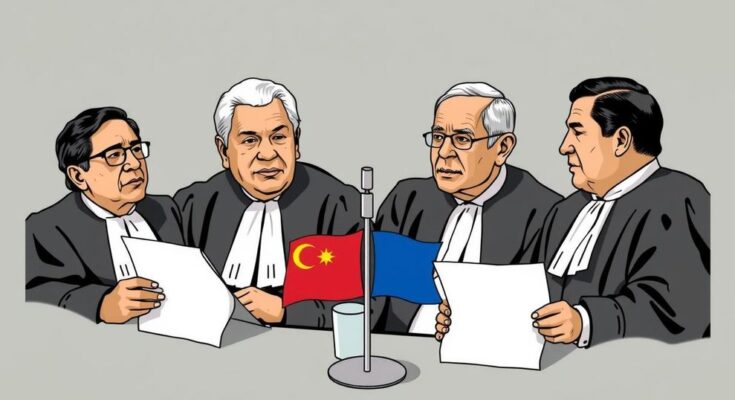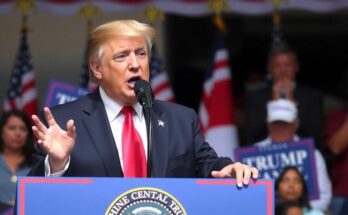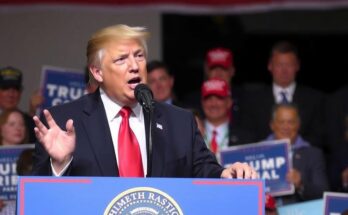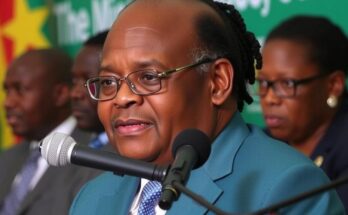Bolivia’s recent judicial elections faced criticism for low voter knowledge and apathy amid mandatory participation. Despite efforts by Presidents Morales and Arce to enhance democracy through these reforms, many view the elections as turning the judiciary into a political entity. This scenario raises concerns about similar judicial reforms anticipated in Mexico under President López Obrador, as countries in Latin America navigate the implications of electing rather than appointing judges.
In Bolivia, the recent judicial elections drew attention due to the unorthodox campaigning methods observed, such as candidates promoting themselves on snack packaging. Voting, which is mandatory, has led to overwhelming apathy among citizens who are often unfamiliar with the candidates. Former President Evo Morales and current President Luis Arce have advocated for judicial elections as a means to cleanse the judiciary of corruption, yet many citizens view these elections as detrimental, transforming the judiciary into a politically charged realm. Critics argue that the system favors party dominance and hinders democracy, raising concerns globally about similar reforms in Mexico following a contentious overhaul by President Andrés Manuel López Obrador. The elections in Bolivia reflect a growing trend of politicized judiciaries in Latin America, demonstrating the complexities and ramifications of electing judges rather than appointing them based on qualifications. The outcome of the vote, which includes four out of nine positions on the Constitutional Court, could have significant implications for political power dynamics in the country and influence how judicial elections are perceived in Mexico.
Bolivia stands out as the sole nation conducting popular votes for its highest judicial roles. This election process was instituted over a decade ago, replacing a system based on appointment due to qualifications and training. Currently, voter apathy toward these elections raises questions about the legitimacy and efficacy of such reforms, especially as various Latin American countries grapple with the repercussions of politicized judiciary systems. Following significant social unrest regarding judicial transparency, both Evo Morales and Luis Arce have sought to enhance democracy through these elections, which some critics argue have led to greater party control over the courts rather than independent justice.
The judicial elections in Bolivia reveal significant challenges related to public recognition of candidates and the potential politicization of the judiciary. As other countries, such as Mexico, consider judicial electoral reforms, the Bolivian experience serves as a cautionary tale highlighting the risks associated with undermining judicial independence in pursuit of political objectives. Observing the fallout from these elections will provide critical insights into the effectiveness and integrity of such systems in Latin America.
Original Source: www.newspressnow.com




